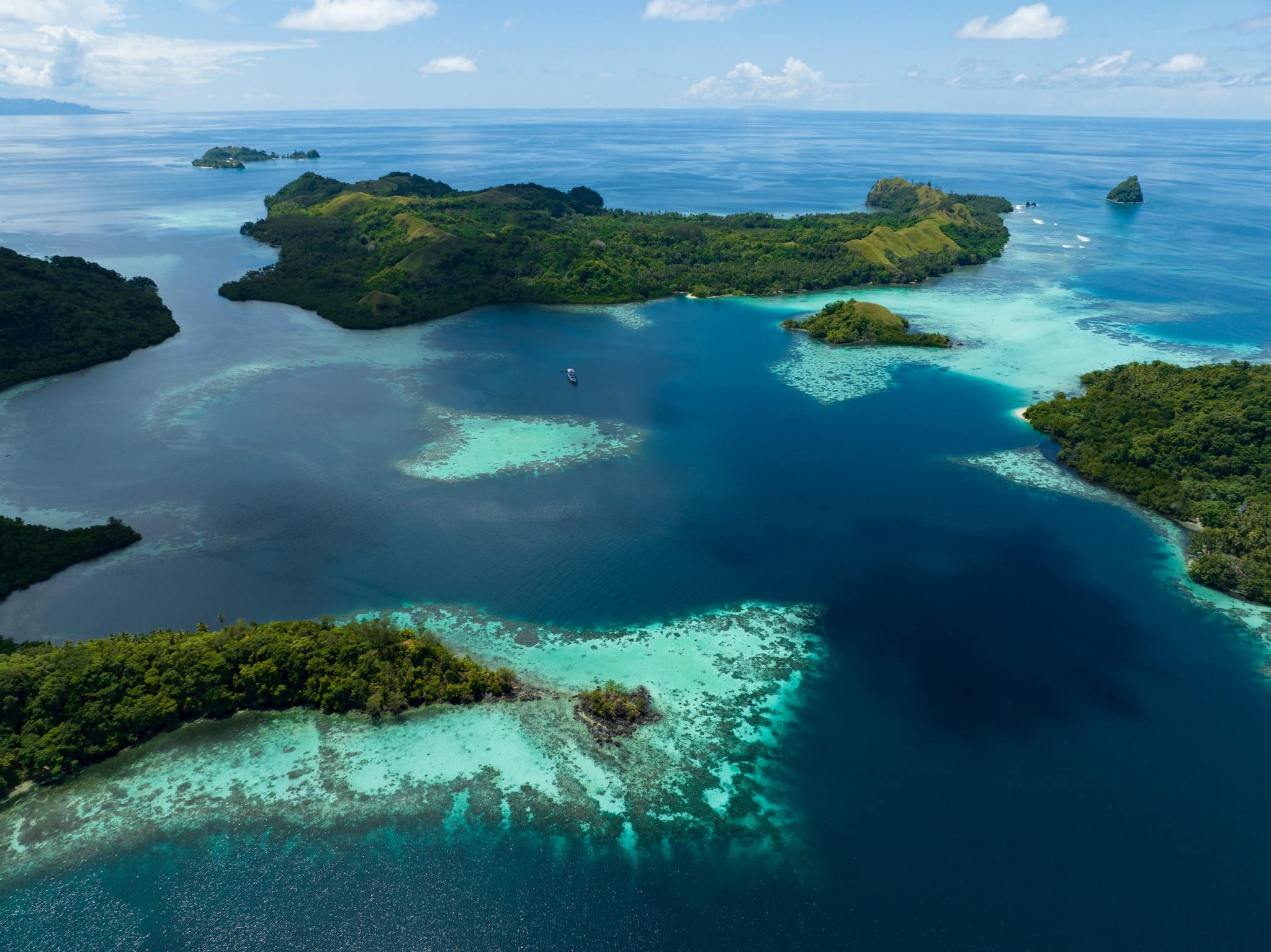Key points
- OIA helps improve health systems in US territories and freely associated states, which face unique challenges.
- OIA works closely with the five US territories (American Samoa, Commonwealth of the Northern Mariana Islands, Guam, Puerto Rico, and the US Virgin Islands) and the three freely associated states (Federated States of Micronesia, Palau, and Republic of the Marshall Islands), connecting them to CDC programs, funding, and resources to strengthen their public health systems and improve community health.

Our Mission
To strengthen public health systems and to improve community health outcomes across US territories and freely associated states (T/FAS).
Public Health in US Territories: Challenges & Support
Public health issues affect these islands harder than most places because of their geographic location and limited local capacity. The remoteness, climate change vulnerabilities, and limited local resources available heighten the public health challenges experienced in the T/FAS. Recognizing their unique historical, sociodemographic, and cultural dynamics, CDC established OIA to support public health agencies that serve US citizens, noncitizens, and nationals residing on these islands.
Headquartered in Atlanta, Georgia, OIA also has field positions in American Samoa, Guam, the Commonwealth of the Northern Marianas, Puerto Rico, and the US Virgin Islands.
OIA works toward strengthening the public health system by coordinating capacity-building assistance to strengthen the quality, performance, and sustainability of the public health systems in the T/FAS. OIA also works closely with CDC, non-government organizations, and federal partners to leverage and guide funded projects that improve public health business services, develop, and train the workforce, and improve data and information systems, public health practice and services, partnerships, laws and policies, and resources.
OIA also helps further public health initiatives in the T/FAS by supporting response activities during public health emergencies, such as natural disasters and disease outbreaks.
Highlights of Our Work
- Facilitate consultations between senior island public health officials, key staff, CDC senior leaders, federal partners, and others to identify priority public health issues and barriers to addressing them.
- Support training needs including leveraging non-government organizations, CDC, and federal partners to provide training to island officials on public health issues, such as environmental health, suicide prevention, emergency response and preparedness, business processes, and provide tools and resources such as the Grants Management Academy.
- Leverage CDC expertise in performance improvement, health equity, and public health systems.
- Connect multilaterally with the US territories and freely associated states, federal agencies, and national and international stakeholders through regular communications, such as OIA’s bulletins.
- Partner with the Pacific Island Health Officers Association to offer the Pacific Public Health Fellowship Program, which gives early-career professionals in the US-Affiliated Pacific Islands practical public health experience at a public health agency to help build a strong public health workforce.
Readiness and Response Activities
- Connect CDC with T/FAS departments of health (DOH).
- Facilitate interagency communication and situational awareness during emergency situations in the jurisdictions between DOH, governmental and non-governmental partners.
- Coordinate requests and procure federal assistance and resources for emergency responses to local jurisdictions.
- Support laboratory and testing sites for infectious diseases.
- Secure remote SME support and identify deployment needs in the islands to support emergency response work.
